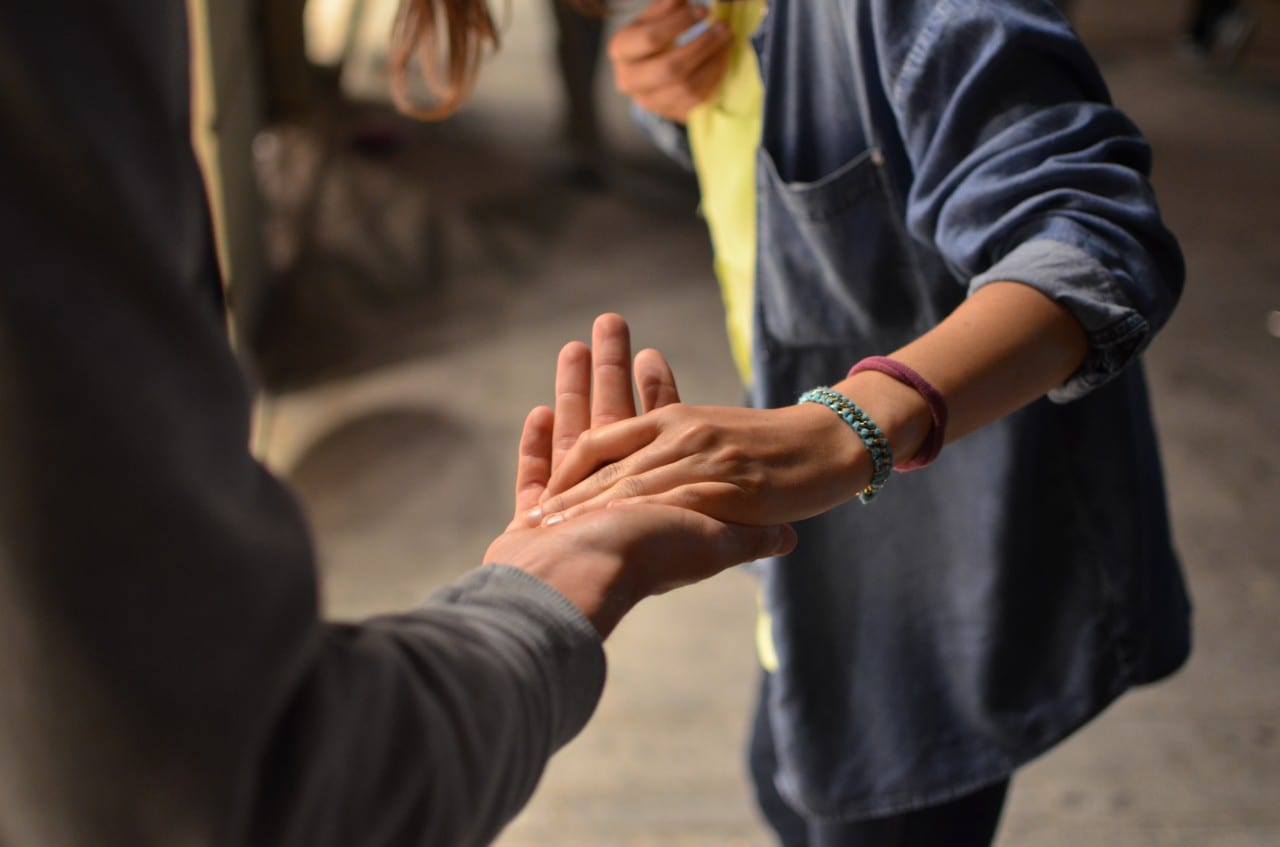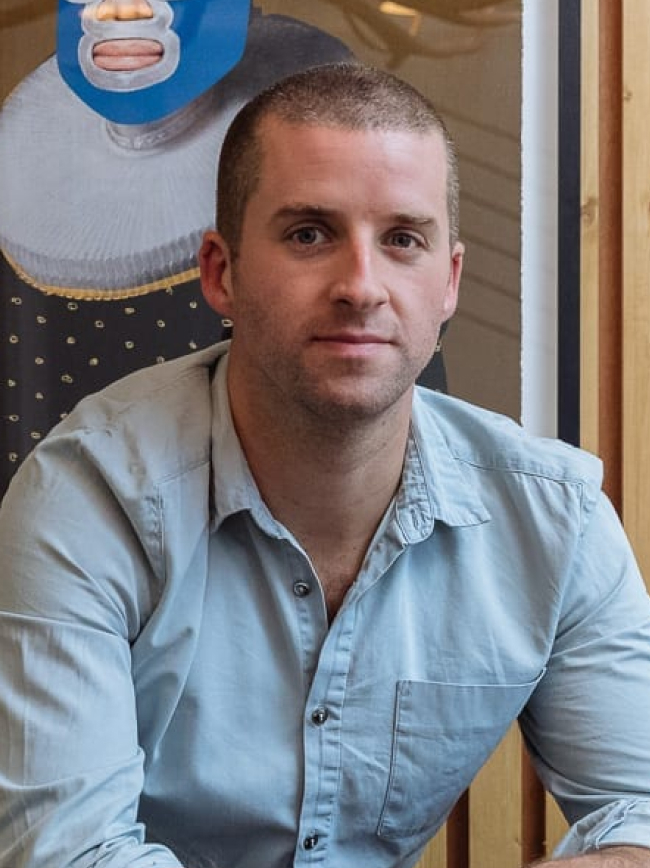Don’t sell me – help me

Crises create uncertainty. They also create an innate desire to play it safe or worst still, do nothing. And unfortunately, this time round we can’t go to the Winchester, have a nice cold pint and wait til this all blows over. So as marketers, we need to think and act differently.
This next bit is worth stating clearly, I think, and that is opportunity is not the same as opportunism.
There will be brands and businesses that use the current crises as a chance to enrich themselves above all else. We believe this opportunism will put them on the wrong side of history (if there is still such a thing), and the wrong side of their customers (there’s definitely still such a thing).
The risk of ‘getting it wrong’ is going to feel high, and that’s going to paralyse a lot of us. Into inaction, into the same-old same-old thinking and doing, into making sure we don’t f*ck-up rather than making sure we stand out for the right reasons.
But we have an opportunity to make the current crisis about more than what we stand to lose. And stupidly lofty as it might seem, there is a role for marketers in all of this.
This is why, at Earnest, we’re asking our clients (and ourselves) to start from a different place. If we start from a position that says “how can we help?” rather than “how can we sell?” where might we end up? It’s a philosophy we’ve always followed as an agency and the reason we set up Tap for Change, a contactless donation platform for charities – and we know it’s more important than ever now.
We think there’s plenty (and ever-mounting) evidence to say being helpful is good for business. You’ve only got look at the incredible success of B-corp in the past few years, or the increased focus on ESG in a publication like the FT. A recent Kantar survey found that 78% consumers thought that brands should help them in their daily lives, and only 8% thought brands should stop advertising.
Crises do create uncertainty.That can be scary. But we can make it less scary through understanding and action.
So where might we end up if we start by helping? We think somewhere better, for our customers and our industry. Lord knows, maybe even as a society. Baby steps, I guess.
We hope our clients and colleagues join us as we focus on how we can help rather than just talk about what we can sell. Because we are all going to need help. Crises do create uncertainty, but they are also inherently full of possibility. And beyond either opportunity or opportunism, we think we have an obligation to make good on the possible ways we can help. Otherwise this horrible mess of a crisis will have been totally wasted.
With this in mind, we’re trying to live and work by these principles whilst we figure all this out. Hopefully they’re helpful to you, or your clients. But maybe that’s just the optimist in me.
Here are seven principles for helping (that we’re trying to live by).
1. Be a brand that makes a difference
You will be remembered for how you act when the chips are down.
Be a brand that customers seek out in the bad times.
2. Fast and imperfect is better than slow and imperfect
It’s better to do good quickly, rather than not do perfect at all.
Because there is no such thing as perfect.
3. Distance isn’t the same as distant
We are physically apart from colleagues and customers.
This has to be used to reconnect them. Listen, understand, and help them better.
4. Don’t worry about what the right message is
Work out what the right thing to do is.
Don’t worry about communication. Commit to doing.
5. Find the right partners
Know your strengths. Know where and how you can help, and where you can’t.
Find other organisations who can complement and aid you.
6. Help can start at home
Get your house in order. Fix internal issues if you can’t fix the world.
Be ready to move, big and quickly, when the time comes to help.
7. Finally, be kind
Crises can bring out the best and the worst of us. When we make mistakes, as brands, as marketers and as people, let’s try to remember that very few of us set out to get it wrong.
If you’re interested in how Earnest is approaching helping its clients make the best of the crisis we find ourselves in by being helpful, you could look at our Slideshare.
Or come find us on Zoom.
(This article originally appeared in The Drum.)
